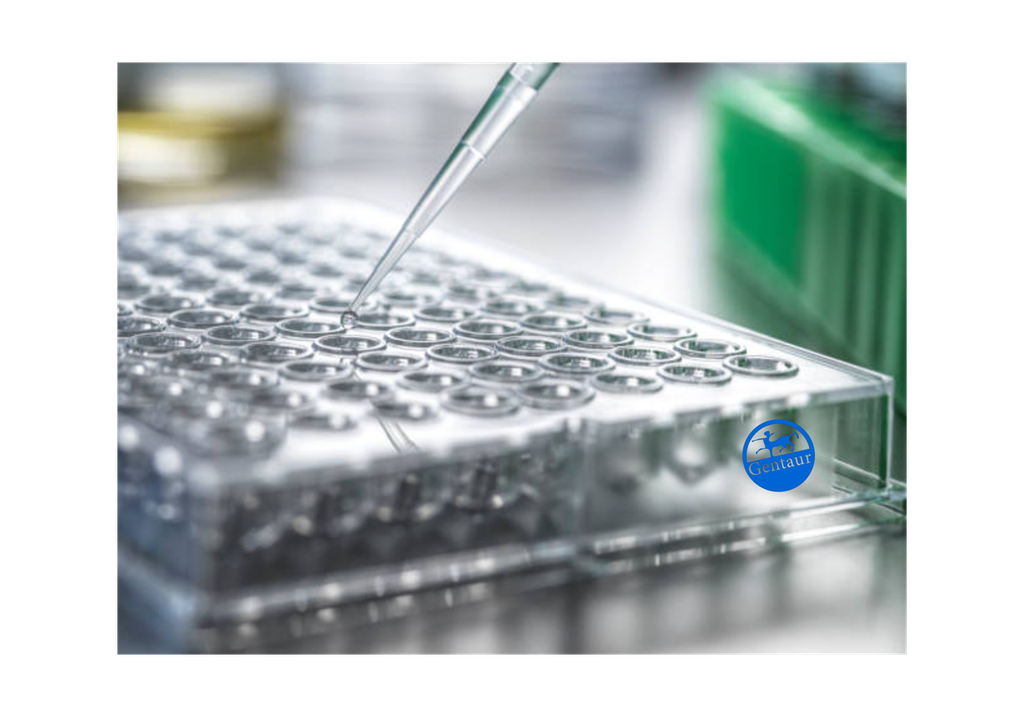ELISA ACSL5 anti-
Quantity :50µg
Clone Number:
Aliases:ACSL5 antibody; ACS5 antibody; FACL5 antibody; UNQ633/PRO1250 antibody; Long-chain-fatty-acid--CoA ligase 5 antibody; EC 6.2.1.3 antibody; Arachidonate--CoA ligase antibody; EC 6.2.1.15 antibody; Long-chain acyl-CoA synthetase 5 antibody; LACS 5 antibody
Product Type:Polyclonal Antibody
Immunogen Species:Homo sapiens ()
UniProt ID:Q9µLC5
Immunogen:Recombinant Long-chain-fatty-acid--CoA ligase 5 protein (33-683AA)
Raised in:Rabbit
Reactivity:, Rat
Tested Applications:ELISA, WB, IHC; Recommended dilution: WB:1:500-1:5000, IHC:1:500-1:1000
Background:Acyl-CoA synthetases (ACSL) activate long-chain fatty acids for both synthesis of cellµLar lipids, and degradation via beta-oxidation. ACSL5 may activate fatty acids from exogenous sources for the synthesis of triacylglycerol destined for intracellµLar storage. Utilizes a wide range of saturated fatty acids with a preference for C16-C18 unsaturated fatty acids. It was sµggested that it may also stimµLate fatty acid oxidation. At the villus tip of the crypt-villus axis of the small intestine may sensitize epithelial cells to apoptosis specifically triggered by the death ligand TRAIL. May have a role in the survival of glioma cells.
Clonality:Polyclonal
Isotype:IgG
Purification Method:>95%, Protein G purified
Conjµgate:Non-conjµgated
Buffer:Preservative: 0.03% Proclin 300
Constituents: 50% Glycerol, 0.01M PBS, PH 7.4
Form:Liquid
Stroage:Upon receipt, store at -20°C or -80°C. Avoid repeated freeze.
Target Names:ACSL5
Research Areas:Cancer; Metabolism; Signal transduction
This content will be shared across all product pages.
